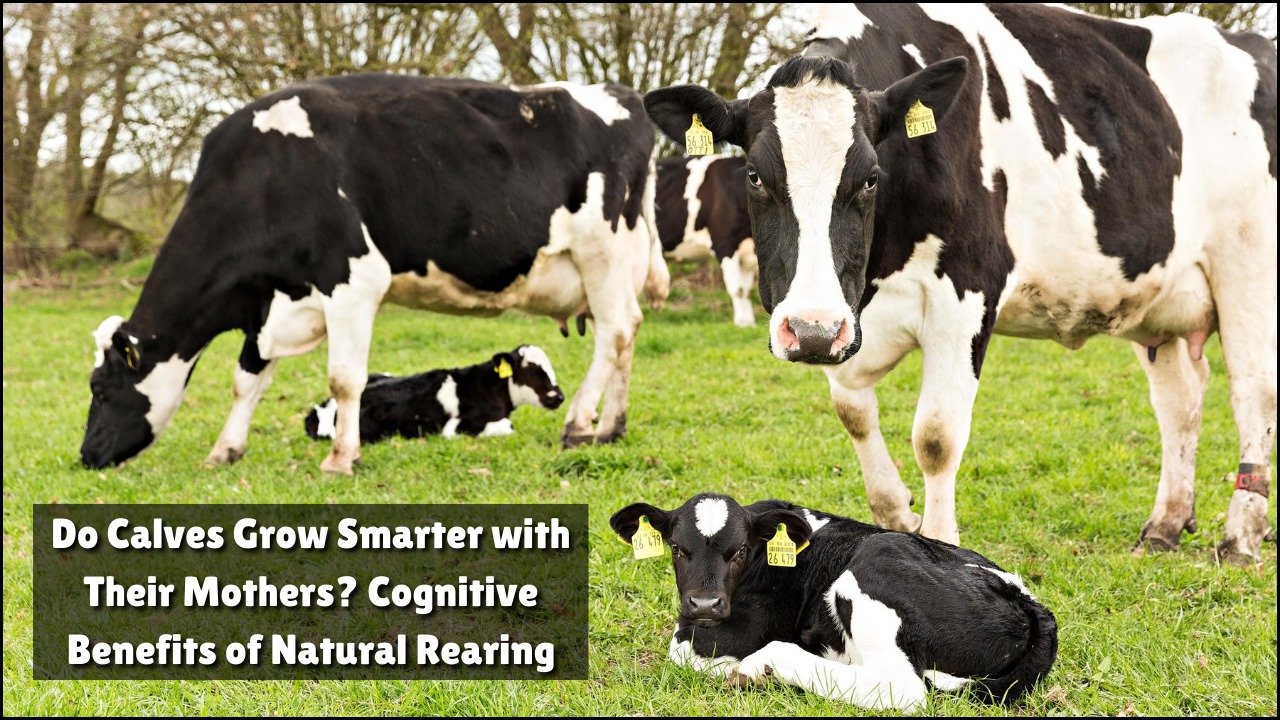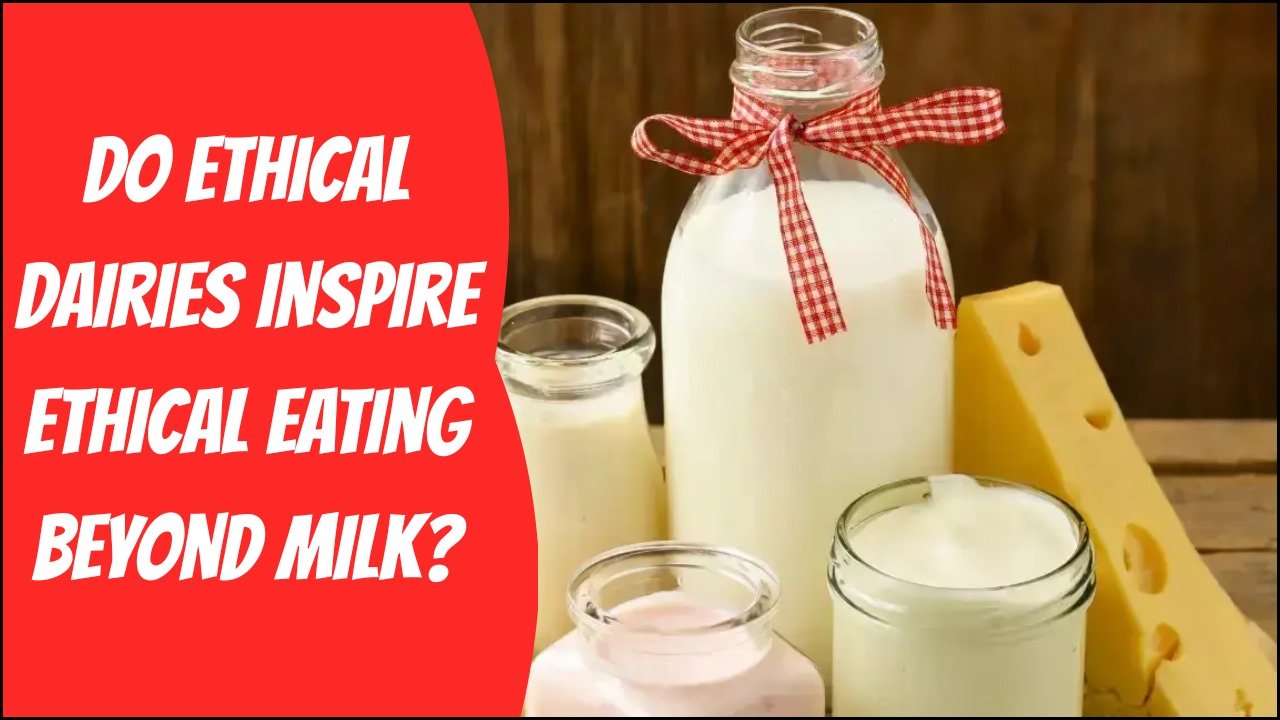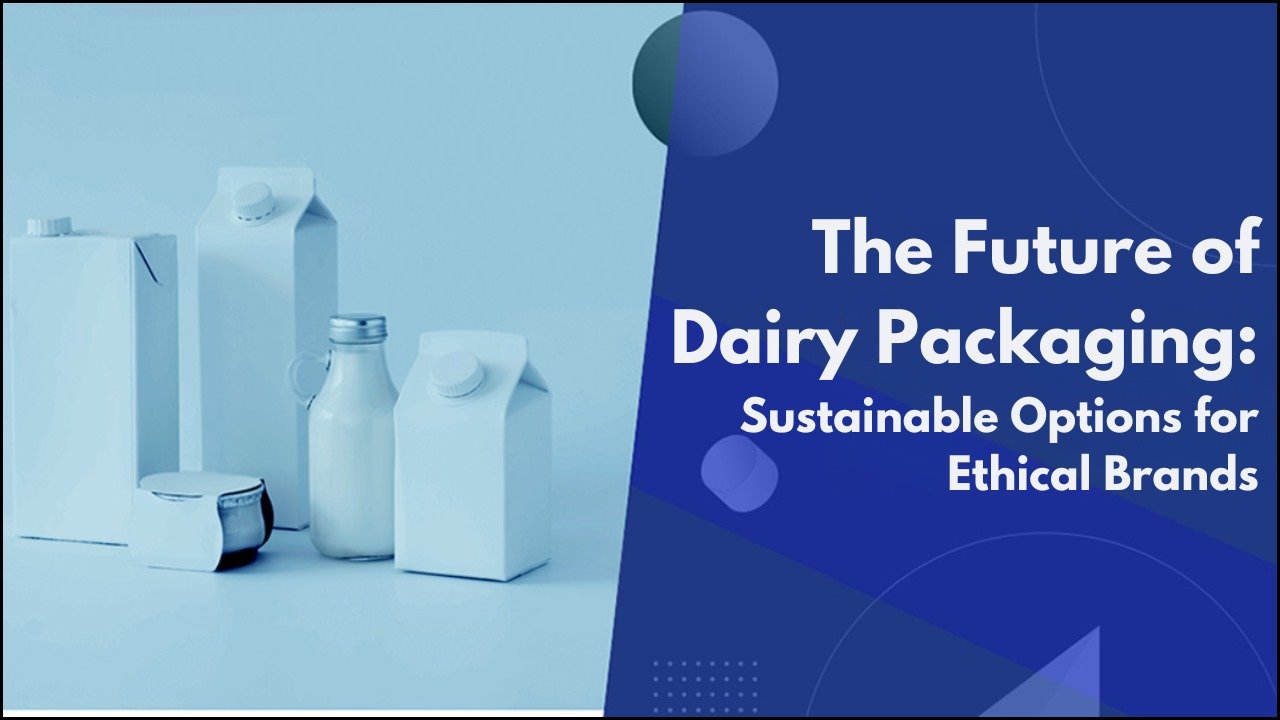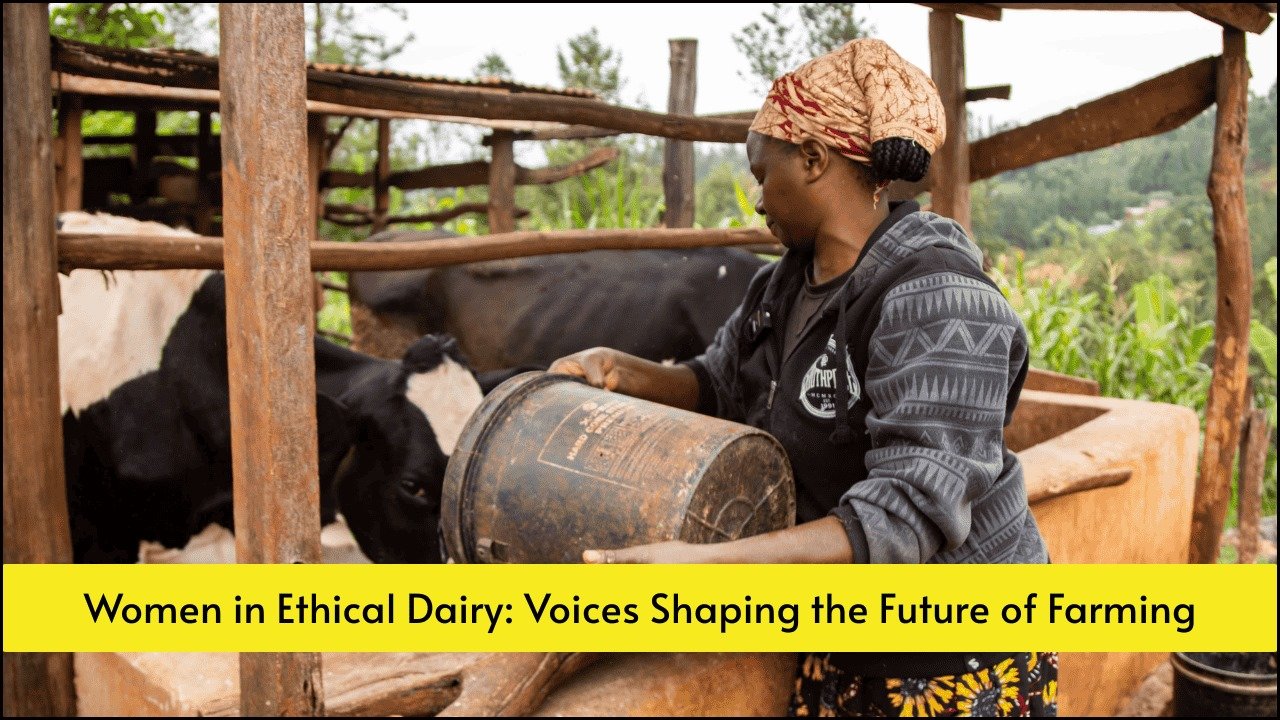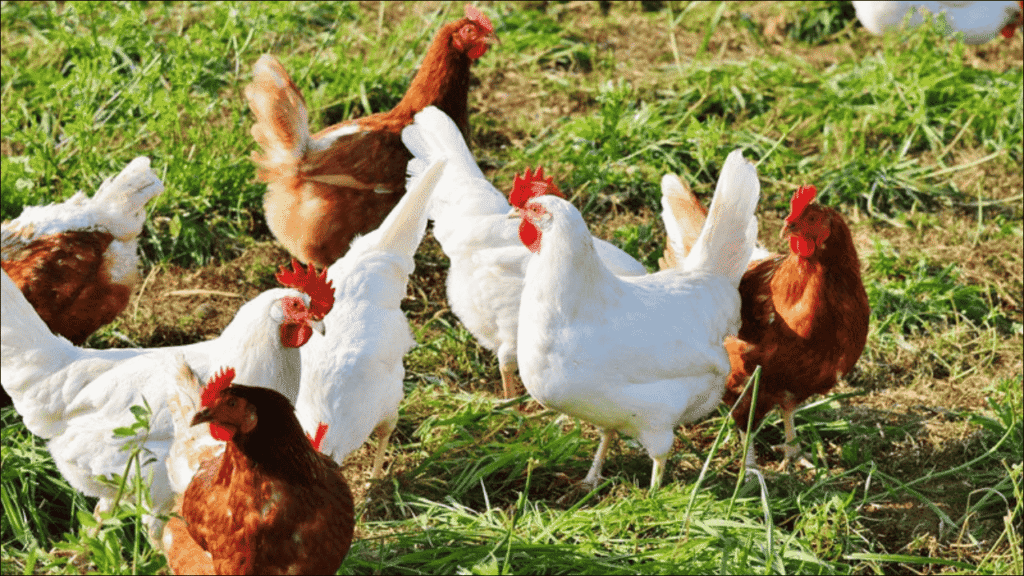
Agriculture holds a critical role in the global economy and food systems. At Scotland’s Rural College (SRUC), the approach to agriculture and poultry production education goes far beyond traditional farming. SRUC’s curriculum addresses a wide range of interconnected industries, including environmental conservation, food supply chains, and animal welfare. The courses not only equip students with essential agricultural skills but also prepare them for a comprehensive understanding of the wider agri-food industry, which contributes significantly to employment and GDP. This article explores the depth of agricultural education at SRUC, highlighting its importance, scope, and opportunities.
Table of Contents
Key Features of SRUC’s Agriculture and Poultry Programs
- Integrated Curriculum: Courses emphasize a blend of practical agriculture, theoretical knowledge, and broader industry insights.
- Wider Industry Relevance: Education goes beyond farm management and includes food processing, distribution, environmental policies, and rural economics.
- Focus on Sustainability: Studies cover sustainable farming methods, environmental protection, and countryside management.
- Animal Welfare Emphasis: Courses promote ethical practices in poultry and livestock farming.
- Technological Advancements: Students are introduced to modern agricultural technologies and smart farming techniques.
Course Components at SRUC
| Core Area | Topics Covered |
|---|---|
| Production Agriculture | Crop science, soil management, farm operations, irrigation, and precision farming |
| Poultry Farming | Hatchery management, broiler and layer care, nutrition, disease control |
| Agri-Business | Farm economics, supply chain, marketing strategies, and entrepreneurship |
| Animal Welfare | Ethics in farming, humane handling, and veterinary care basics |
| Environmental Studies | Climate impact, biodiversity, and renewable resources in agriculture |
| Technology Integration | Farm machinery, GPS, AI in farming, agricultural robotics |
Industry Relevance and Employment Impact
- Agri-Food Sector Contribution: The agri-food industry contributes over 10% to the national GDP and employment, reflecting its significance in the economy.
- Diversified Career Paths: Graduates can explore roles in farm management, food processing, agri-tech innovation, rural consultancy, and environmental stewardship.
- Input Supply Industries: Job roles exist in sectors providing fertilisers, animal feed, seeds, and farm machinery, essential for farming operations.
Advantages of Studying at SRUC
| Advantage | Details |
|---|---|
| Experienced Faculty | Educators with academic and industry expertise guide students with real-world applications |
| Hands-On Training | Practical farm work and lab sessions enhance learning outcomes |
| Research Opportunities | Access to funded research projects in agri-food innovation and sustainable farming |
| Industry Collaboration | Strong ties with farms, companies, and government bodies for internships and employment |
| Modern Facilities | State-of-the-art labs, smart classrooms, and demonstration farms for practical learning |
| Alumni Network | Successful graduates across agricultural sectors provide mentorship and job leads |
Learning Experience Beyond Classrooms
- Virtual Experience Platform: A digital walk-through of the campus allows students to explore SRUC remotely, including interactive videos and student stories.
- Open Days and Campus Visits: SRUC regularly hosts online and in-person open days, offering opportunities to meet tutors and students directly.
- Custom Information Access: Prospective students can register their interests to receive tailored course and campus information through mailing lists.
Agriculture Courses Available at SRUC
| Level of Study | Sample Courses |
|---|---|
| Undergraduate | BSc (Hons) in Agriculture, BSc in Poultry Science |
| Postgraduate | MSc in Agricultural Technology, MSc in Sustainable Farming Systems |
| Diploma/Certificate | HND in Agriculture, Certificate in Poultry Husbandry |
| Short Courses | Soil Health, Smart Farming Techniques, Farm Business Management |
Environmental and Countryside Protection Focus
- Biodiversity Conservation: Students learn about habitat preservation, land-use planning, and climate-smart agriculture.
- Policy and Ethics: Curriculum includes agricultural legislation, environmental policies, and sustainability certifications.
- Community Engagement: Projects often involve working with rural communities, promoting eco-friendly farming practices and resource management.
Student and Alumni Stories
- Practical Experience Feedback: Many students praise the balance of theory and hands-on learning, with case studies and field visits making concepts relatable.
- Career Growth: Alumni working in agribusiness firms, research labs, or launching their startups reflect on the strong foundation built at SRUC.
Digital Resources and Prospectus
- Course Prospectus: A downloadable prospectus provides in-depth information on all available courses, facilities, scholarships, and eligibility.
- Digital Sign-Up: Interested learners can submit personal details to receive regular updates, open-day invites, and new course announcements.
Technology and Innovation in Curriculum
- Smart Agriculture Tools: Courses cover tools such as drones, automated tractors, and AI-driven crop monitoring systems.
- Innovation Hubs: Access to research centres and technology incubators for students interested in agricultural startups.
- Sustainability Projects: Participation in renewable energy use in farming, organic agriculture, and zero-waste poultry production.
Global Opportunities and Exchange
- International Collaborations: Opportunities for study-abroad programs and research partnerships with institutions across Europe and beyond.
- Global Curriculum Influence: Content includes EU agricultural policy, global food trade, and cross-border environmental concerns.
Summing Up
Agricultural education at SRUC reflects the evolving nature of food production and environmental care. Students receive a well-rounded education that connects traditional farming techniques with modern technology, business strategies, and sustainable practices. With a strong focus on industry relevance, animal welfare, and countryside protection, SRUC prepares learners to become impactful contributors to the agri-food sector. This innovative approach ensures that graduates are not only job-ready but also equipped to lead and innovate within a dynamic global industry.


